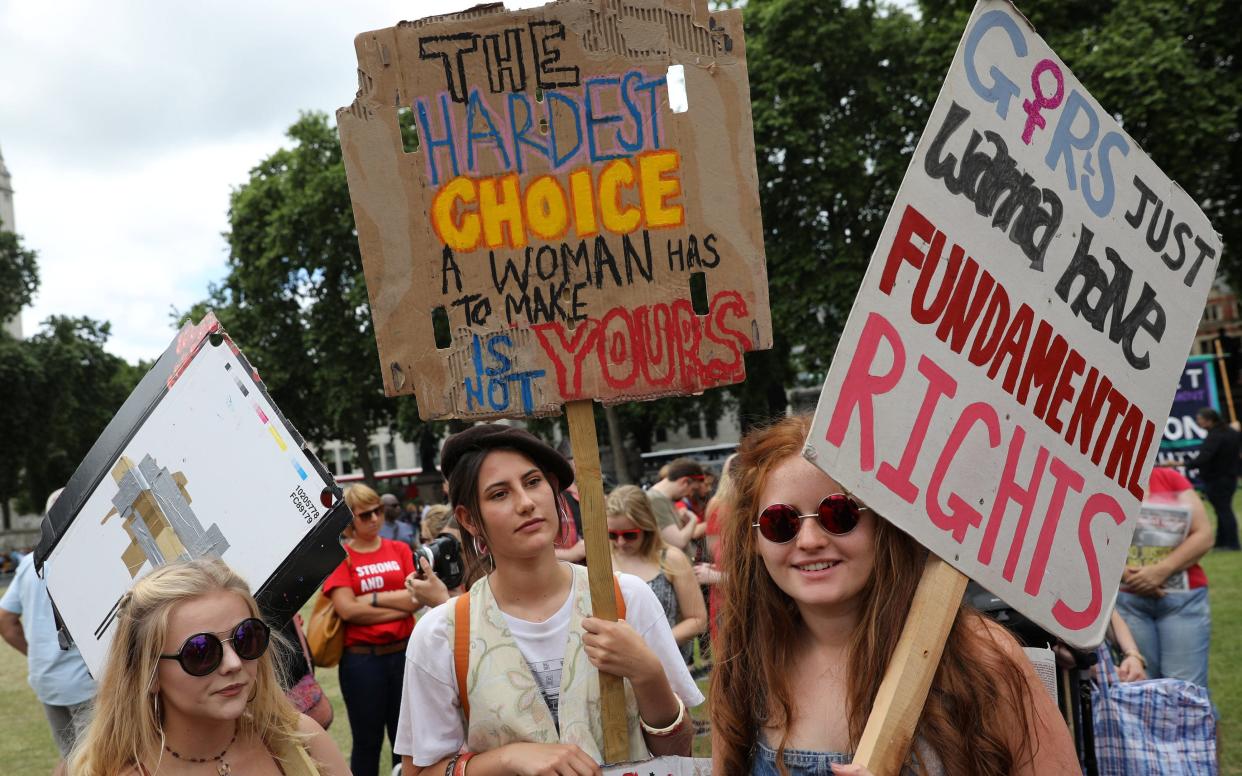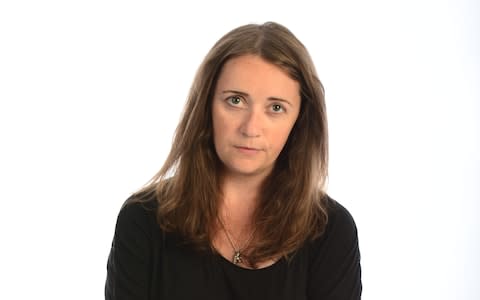Ireland's abortion debate proves how deeply the country trades on shame

It's impossible to describe Ireland's abortion debate as anything but just sad. While politicians and religious fundamentalists wring their hands over matters of legislation and dogma, it’s the personal stories of Irish women and girls travelling out of the country to terminate their pregnancies that linger in the background; stories that, until a few years ago, largely went untold.
Occasionally, an Irish woman would talk about an abortion. But silence begets silence, and Ireland’s national sport is sweeping things under the carpet.
In the wake of the marriage equality referendum in 2015, though, something changed. LGBT people and couples stepped forward throughout that campaign to expose themselves personally and emotionally by telling their own stories about what it would mean to them to be seen as equal in the eyes of the law and the State: it was a campaign built around conversations. People opened up, and their countrywomen and men listened.
In researching Repeal the 8th, my anthology of the literature, photography and design that has emerged from or is inspired by the movement for reproductive rights in Ireland, it’s these personal stories that still stop you in your tracks.
The entire anthology exists because of how the movement has turned into an unstoppable grassroots force, building on 35 years of activism, and is culminating in a referendum on the repeal of the eighth amendment, the constitutional ban on abortion, which was introduced in 1983, the year I was born.

At the launch of Together For Yes, the civil society group campaigning for a ‘yes’ vote in the upcoming referendum, a married couple, Gaye and Gerry Edwards, addressed the crowd to talk about a diagnosis of a fatal foetal abnormality Gaye had received.
At 20 weeks, they were told their baby would have no chance of surviving after birth, but Irish law dictated they had to continue with the pregnancy. Two weeks later, they went to Belfast, where labour was induced. They were unable to attend the cremation, and had to wait for the remains to be couriered to them.
Gerry signed for the remains, he said, like any other package, the courier having no idea what he was handing over. “We have moved on from dropping pregnant women at the laundries,” Gerry explained (referring to the Magdalene Laundries, where Irish women were effectively imprisoned), “and as a society we need to move on from dropping them at the departure gates, too.”
In my anthology, I include tales from other women, like the one who found herself pregnant at the end of an abusive relationship. She ordered abortion pills online, illegally, like many women in Ireland do. Before the pills arrived, she started to bleed slightly, so thought it best to get a check-up.
After several scans, it was revealed she had suffered an ectopic pregnancy and her fallopian tube was on the verge of rupture, requiring an immediate operation. Had she taken the pills, the pregnancy would have continued, potentially with dire consequences for the woman’s health.
Another story that moved me deeply was that of a young Irish woman who was using birth control but got pregnant anyway, and had to fly to London for an abortion. “I find the wait in the airport is the worst part of the entire thing,” she wrote about her journey back home.

“I curl up in a ball as the pain medication starts to wear off. A very kind lady notices me and helps me to the bathroom. She goes to the shop and gets me some ibuprofen and a drink. I cry quietly all the way back to Dublin.”
All of this is sad, and unfair. But the courage and resolve that underpins every person who has shared their experience with abortion in a country that specialises in shame has provided us with the stories that cannot be debated or argued against. Initiatives such as the X-ileProject.com, everydaystories.org, and In Her Shoes - Women of the Eighth on Facebook are breaking the silence that was necessary for Ireland’s dark culture of denying women basic healthcare to continue.
I have never had an abortion, but the eighth amendment affects us all. As a gay Irish woman, I feel infinitely more strongly about this referendum than the one on marriage equality. If we as women do not have autonomy, if we cannot be cared for in our own country, if we must be exported as part of a process of sexual shaming, then what are we really worth? How are we really viewed? A generation now refuses to be viewed as vessels. It's about time.
Repeal the 8th is published by Unbound on 5th April


